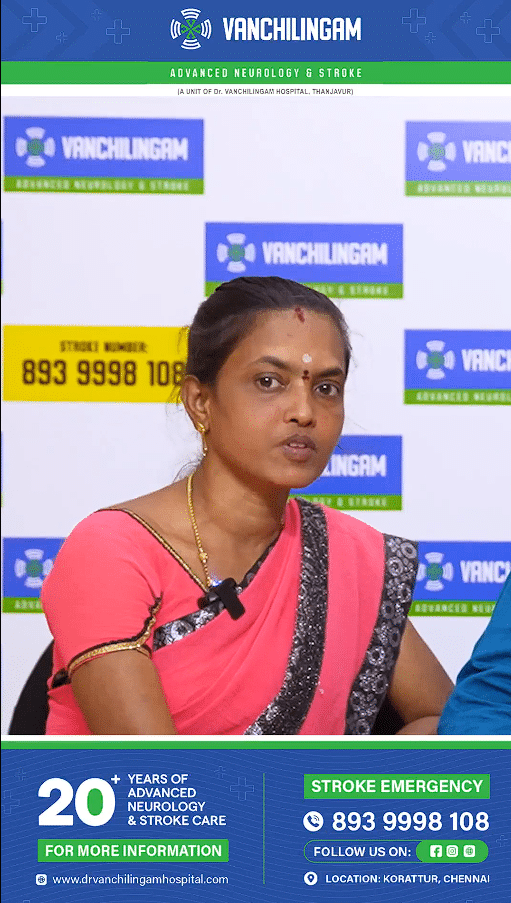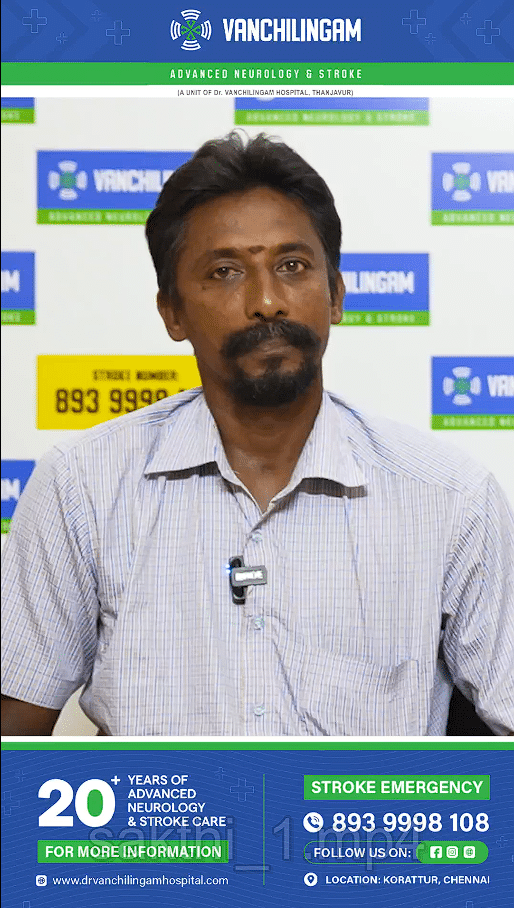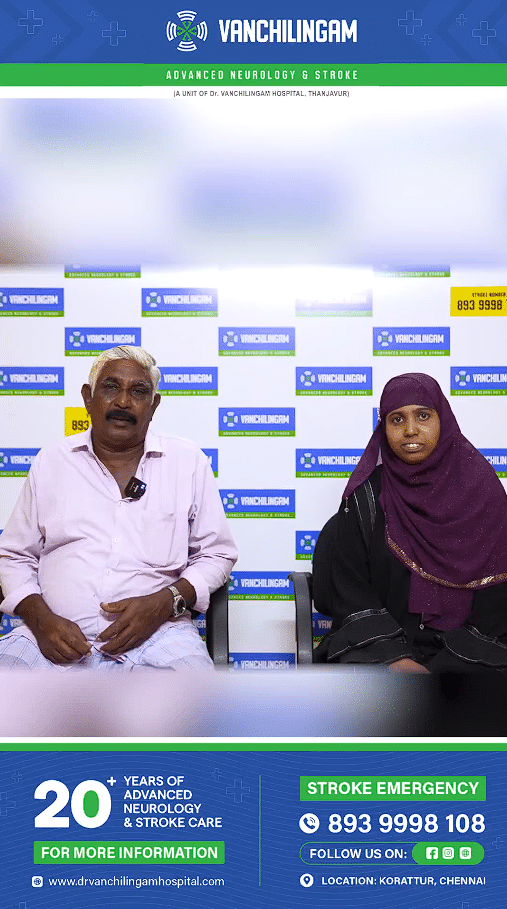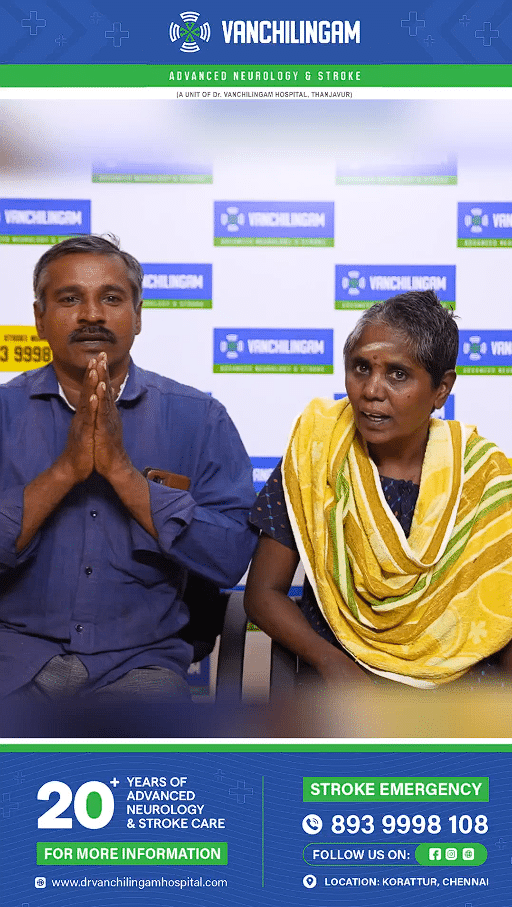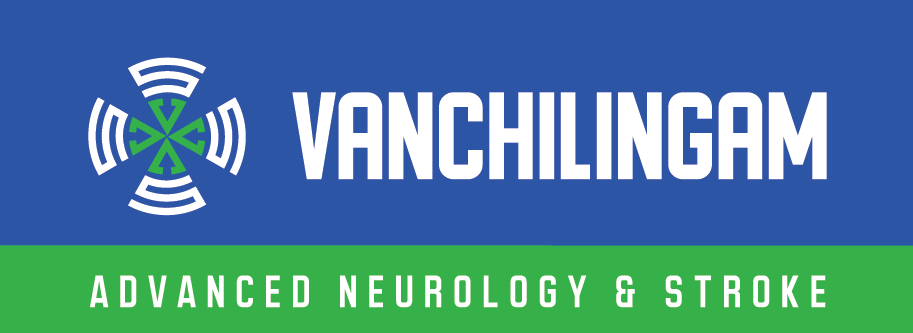Advanced Care for Demyelinating Disorders at Affordable Costs
- Expertise in Managing MS, GBS, CIDP, and ADEM
- Comprehensive Diagnostics, Including Imaging and Biomarker Testing
- Tailored Treatments with Disease-Modifying Therapies
- Multidisciplinary Rehabilitation for Improved Quality of Life
- Cost-Effective Care for Lasting Relief
Acute and Chronic Demyelinating Disorders: Advanced Care for Long-Term Neurological Health
Rebuilding nerve connections, restoring lives—expert care for demyelinating disorders.
We provide comprehensive evaluation, diagnosis, and treatment for acute and chronic demyelinating disorders. These conditions affect the protective covering of nerves, leading to impaired communication between the brain, spinal cord, and body. With a focus on cutting-edge therapies and personalized care, we aim to improve outcomes and quality of life for our patients.
What Are Demyelinating Disorders?

Demyelinating disorders are conditions where the myelin sheath, a protective layer around nerves, is damaged. This disruption interferes with the efficient transmission of nerve signals, leading to a range of neurological symptoms. These disorders are typically categorized into:
Acute Demyelinating Disorders: Sudden and severe onset, such as Acute Disseminated Encephalomyelitis (ADEM) or Guillain-Barré Syndrome (GBS).
Chronic Demyelinating Disorders: Progressive and long-lasting conditions, including Multiple Sclerosis (MS) and Chronic Inflammatory Demyelinating Polyneuropathy (CIDP).
Symptoms of Demyelinating Disorders
The symptoms vary depending on the type and severity of the disorder but may include:
- Muscle weakness or paralysis.
- Tingling, numbness, or abnormal sensations.
- Difficulty with balance and coordination.
- Vision problems, such as blurred or double vision.
- Fatigue and cognitive difficulties.
- Pain or discomfort in affected areas.
Causes and Risk Factors
Demyelinating disorders can have various triggers and underlying causes, including:
Autoimmune Reactions: The immune system mistakenly attacks the myelin sheath, as seen in MS and GBS.
Infections: Certain viral or bacterial infections can trigger demyelination.
Genetic Predisposition: Family history may increase susceptibility to some disorders.
Environmental Factors: Smoking, vitamin deficiencies, and exposure to certain toxins.
Post-Infectious Conditions: Demyelination following viral illnesses or vaccinations.
Comprehensive Treatment for Demyelinating Disorders
At Vanchilingam, we tailor our treatment plans to address the unique needs of each patient:
Accurate Diagnosis:
- Neuroimaging: Advanced MRI and CT scans to detect areas of demyelination.
- Lumbar Puncture (Spinal Tap): Analyzing cerebrospinal fluid for inflammatory markers.
- Blood Tests: Identifying autoimmune or infectious causes.
Medications:
- Steroids: To reduce inflammation during acute episodes.
- Disease-Modifying Therapies (DMTs): Slowing disease progression in conditions like MS.
- Immune Modulators or Suppressants: To manage chronic autoimmune conditions.
Plasma Exchange (Plasmapheresis):
- Removing harmful antibodies in severe cases of GBS, MS, or CIDP.
Rehabilitation and Support:
- Physiotherapy: Strengthening muscles and improving mobility.
- Speech and Occupational Therapy: Restoring communication and daily living skills.
- Counselling and Support Groups: Emotional support for patients and families.
Why Choose Vanchilingam Advanced Neurology and Stroke Care?
- Specialized Expertise: Our team has extensive experience in managing complex demyelinating disorders.
- State-of-the-Art Technology: Utilizing advanced diagnostics and therapies for precise care.
- Comprehensive Care Plans: Holistic treatment approaches addressing physical, emotional, and social aspects.
- Multidisciplinary Team: Collaboration across neurologists, therapists, and support staff for optimal outcomes.
- Family-Centric Approach: Clear communication and guidance to involve families in the care journey.
A Path to Restored Function and Hope
Demyelinating disorders can disrupt life, but they don’t have to define it. At Vanchilingam Advanced Neurology and Stroke Care, we’re here to guide you through every step of your journey—offering the expertise, support, and innovative care needed to rebuild connections and restore hope.
Take charge of your neurological health today. Contact us to learn more about our specialized services for demyelinating disorders.
Meet the Specialists
Our team of dedicated specialists brings years of expertise and a passion for delivering personalized care.
Real Experiences, Real Results
Discover how Dr. Vanchilingam Advanced Neuro & Stroke Hospital has transformed the lives of our patients. Also hear our specialists talk about the services and solutions we offer for various neurological issues.




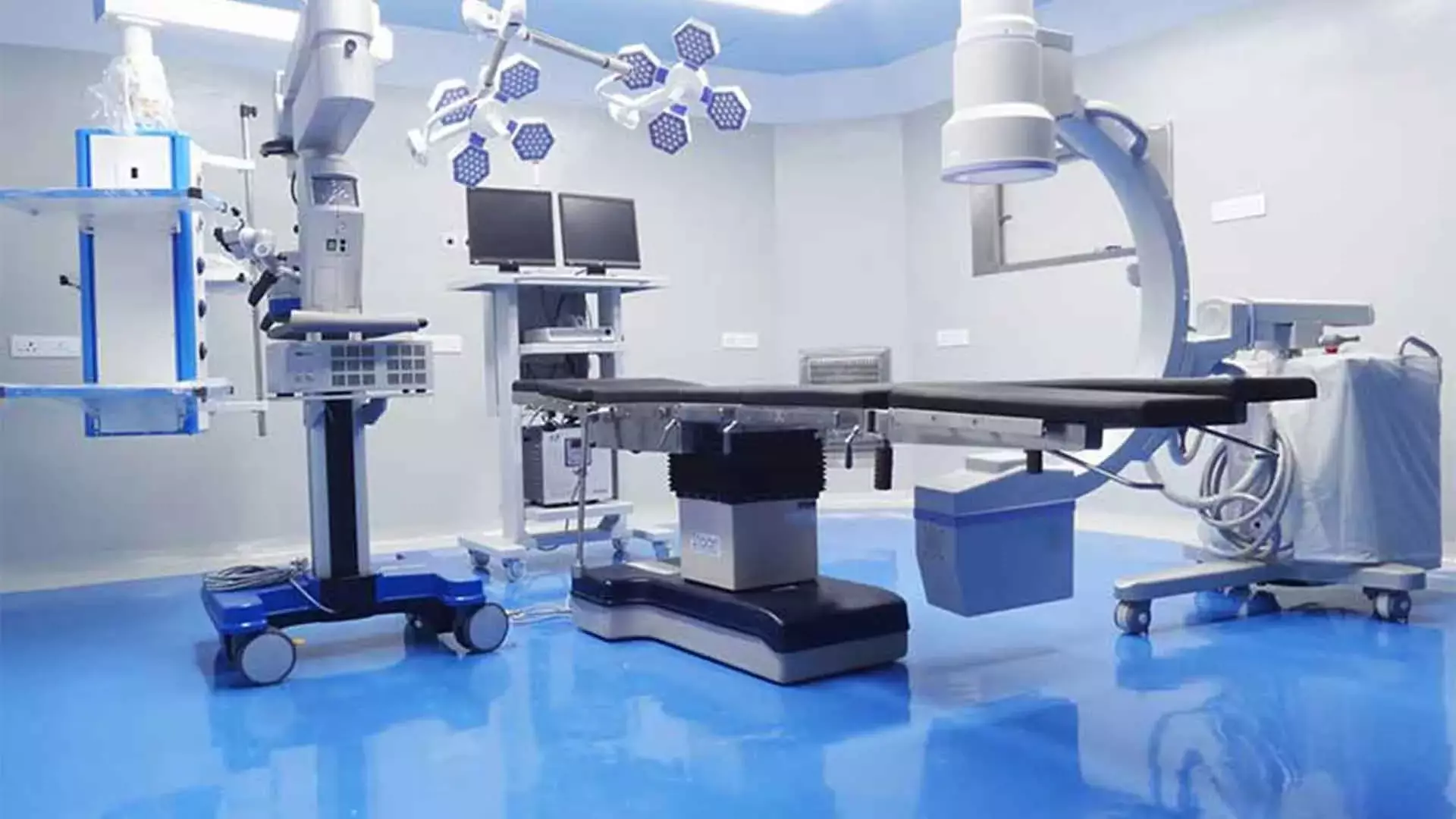
OUR SPECIALITY
Acute Stroke Unit
The Acute Stroke Unit is an acute neurological ward providing specialist services for people who have had a new suspected stroke. On the Acute Stroke Unit we provide: Thrombolysis treatment -treatment is started in the Emergency Department and you will have the rest of your Treatment and monitoring on the Acute Stroke Unit
OUR SPECIALITY
Advanced Neuro ICU
A neuro ICU is an Intensive Care Unit which is particularly devoted to a high – quality care of patients with the neurological problems that are life-threatening in nature. The neuro ICU of our hospital is a complete state of the art and a full-fledged one designed to provide almost all sorts of advanced neurological care to the normal patients as well as the patients in the emergency.
OUR SPECIALITY
Advanced Neuro Imaging
Our radiology department is a state of the art department with all the necessary infrastructure that is essential for effectively dealing with the neuro and neurosurgery emergencies at its best. The advanced neuroimaging techniques used by our doctors are as discussed below.
OUR SPECIALITY
Neuro interventional Cath Lab
A neuro-interventional Cath lab in a neurodiagnostic Centre is a specialized catheterization laboratory which has all the necessary diagnostic imaging equipment that is particularly used for the purpose of visualization of the arteries, veins and other vascular malformations of the brain and spinal cord.
OUR SPECIALITY
Neuro-Surgery Operating Room
The neurosurgery operating room of Dr.Vanchilingam Hospital, Neurosurgery Hospital is a fully functional and a state of art one that has the adequate infrastructure for effectively carrying out even the most complicated neuro surgeries with ease.
What are demyelinating disorders?
Demyelinating disorders are conditions that damage the myelin sheath, the protective layer surrounding nerves. This disruption impairs the transmission of nerve signals, causing various neurological symptoms. Examples include Multiple Sclerosis (MS), Guillain-Barré Syndrome (GBS), Chronic Inflammatory Demyelinating Polyneuropathy (CIDP), and Acute Disseminated Encephalomyelitis (ADEM).
What are the symptoms of demyelinating disorders?
Symptoms vary but may include muscle weakness, paralysis, tingling, numbness, difficulty with balance and coordination, vision problems, fatigue, cognitive challenges, and pain or discomfort in affected areas.
What causes demyelinating disorders?
These disorders can result from autoimmune reactions, infections, genetic predisposition, environmental factors, or post-infectious conditions such as viral illnesses or certain vaccinations.
What is ADEM, and who is most likely to develop it?
ADEM is an acute inflammatory condition affecting the brain and spinal cord, usually triggered by infections or, rarely, vaccinations. It is more common in children but can occur at any age.
Can ADEM be cured?
Yes, ADEM is typically a monophasic condition, meaning it occurs once and resolves with treatment such as corticosteroids, though full recovery can take weeks to months.
What are the early symptoms of Guillain-Barré Syndrome (GBS)?
Early symptoms of Guillain-Barré Syndrome (GBS) include tingling or numbness in the extremities, muscle weakness, and in severe cases, difficulty breathing or paralysis.
How is Guillain-Barré Syndrome (GBS) treated?
Treatment includes plasmapheresis or intravenous immunoglobulin (IVIG) to manage the immune response, along with supportive care and rehabilitation to aid recovery.
What are the common signs of Multiple Sclerosis (MS)?
MS symptoms include vision problems, fatigue, difficulty walking, numbness or tingling, and issues with balance and coordination.
Can Multiple Sclerosis (MS) be managed effectively?
Yes, disease-modifying therapies (DMTs) can help slow the progression of MS, reduce relapses, and manage symptoms effectively when combined with rehabilitation.
What distinguishes Chronic Inflammatory Demyelinating Polyneuropathy (CIDP) from Guillain-Barré Syndrome (GBS)?
Unlike GBS, which is acute and resolves within weeks, CIDP is a chronic condition that progresses over months and can lead to long-term nerve damage if untreated.
What treatments are available for Chronic Inflammatory Demyelinating Polyneuropathy (CIDP)?
CIDP treatment includes corticosteroids, IVIG, and plasmapheresis to manage inflammation and improve nerve function. Rehabilitation may also be necessary for muscle strength and mobility.
How are demyelinating disorders diagnosed?
At Vanchilingam Advanced Neurology and Stroke Care, we use advanced diagnostics, including:
- Neuroimaging: MRI and CT scans to identify demyelination.
- Lumbar puncture: Testing cerebrospinal fluid for inflammatory markers.
- Blood tests: Identifying autoimmune or infectious triggers.
What treatments are available for demyelinating disorders?
Treatment plans are customized and may include:
- Steroids: To reduce inflammation during acute episodes.
- Disease-Modifying Therapies (DMTs): Slowing the progression of conditions like MS.
- Plasma exchange: Removing harmful antibodies in severe cases.
- Rehabilitation: Physiotherapy, speech therapy, and occupational therapy to improve mobility and communication.
What makes Vanchilingam Advanced Neurology and Stroke Care unique for treating demyelinating disorders?
Our hospital offers:
- Specialized expertise in managing complex cases.
- Advanced technology for precise diagnosis and treatment.
- Multidisciplinary care plans addressing all aspects of the patient’s health.
- A family-centric approach, ensuring clear communication and support for loved ones.
Can demyelinating disorders be cured?
While some demyelinating disorders are chronic and cannot be fully cured, advanced treatments and therapies can help manage symptoms, slow disease progression, and improve the quality of life.
Why is early diagnosis important for demyelinating disorders?
Early diagnosis allows for timely intervention, which can significantly slow disease progression, reduce complications, and enhance long-term outcomes.
What rehabilitation services are available for patients with demyelinating disorders?
Rehabilitation services at Vanchilingam include:
- Physiotherapy: For muscle strengthening and mobility improvement.
- Speech and occupational therapy: Helping patients regain communication and daily living skills.
- Counseling and support groups: Offering emotional support to patients and families.
How can I contact Vanchilingam Advanced Neurology and Stroke Care for treatment?
You can contact our team via the website enquiry form or call us directly to learn more about our specialized services and to schedule a consultation for advanced care in demyelinating disorders.










